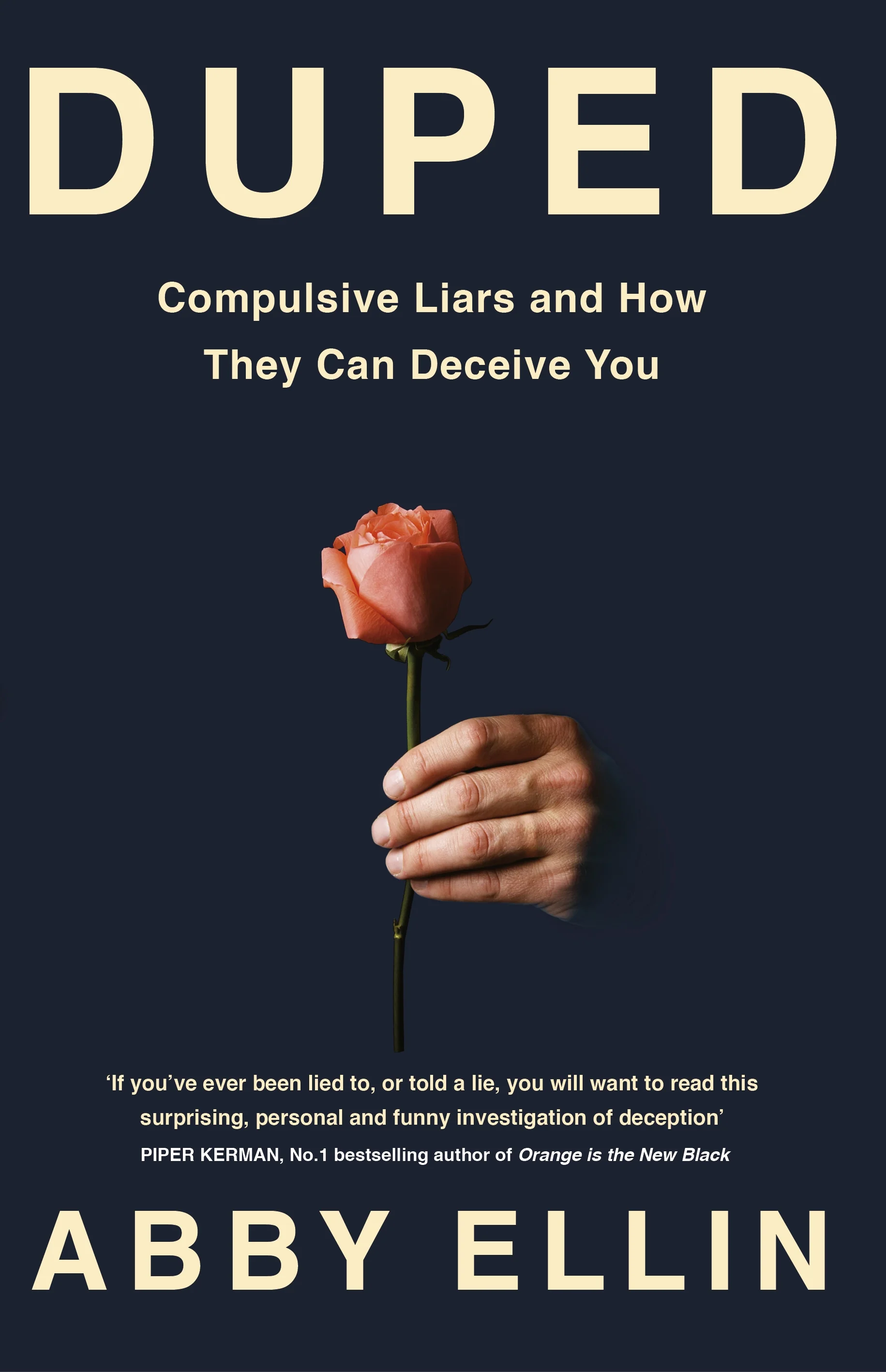Better than you or me?
August, 2018, SG Blog
What is becoming clear, as the Hayne Royal Commission into the conduct of the banking, superannuation and financial industries continues to throw up astounding stories, is that over the past 15 or so years Australia has seen the rise and growth of a class of well-educated, highly paid people, some of whom behave in a way that could indicate they feel that they are above the norms that most Australians abide by.
In a piece which ran in the print edition of The Australian in mid-August 2018 with a title of “A Moral Compass We Can’t Bank On”, investigative journalist Pam Williams included a cameo of Nicole Smith, the former chair of NAB’s superannuation trustee NULIS Nominees, giving evidence on Wednesday, August 8.
Commissioner Hayne asked: “Did you think yourself that taking money to which there was no entitlement raised a question for criminal law?”
“I didn’t,” Smith replied.
( Smith has not been charged with any criminal offences.)
Around the same time, NSW Supreme Court Justice Christine Adamson was sentencing tax evader Anthony Castagna to jail for a minimum four years. She spoke of him regarding himself as a member of the “financial elite” who was “not subject to the obligations to which others must conform”.
Castagna is a professor, the chair and co-founder of cyber security company Nuix that serviced the ATO as well as the Australian Federal Police, a former director of a tech funds management arm of Macquarie Bank, and a venture capitalist.
What was this well qualified and successful man thinking when he used his energy, talents and skills to hide income, depriving the federal government of $2.6 million? As the judge pointed out, paying the government what it was due would not have caused Castagna or his family financial hardship.
The growth of a financial elite in Australia pretty much coincides with the international phenomenon of the rise of Davos Man (or woman). This was someone who belonged to what was dubbed a global elite where, if you truly belonged, what you did, what your status was, who you knew, where you were heading, mattered far more to you and your peers than your country.
In an acutely worded article published in the Australian Financial Review in May this year (2018), Karen Maley captured the kind of thinking in some of these new classes of people:
“ ‘I think the problem is that that whole elite professional class in Sydney and Melbourne is alienated from its customer base,’ says one of the country's top executives. He points out that not only do the professional elites live in their own geographical locations, there are also huge cultural and intellectual differences.
“ ‘This is what happens when you get whole suburbs of people who don't feel comfortable with the western suburbs. They don't have much empathy.’ "
Salaries for this elite in Australia must surely have exacerbated that particular problem given that, when compared with overseas salaries, they are so much higher. And it’s not just in the worlds of finance.
Hard to work out what is going on in Canberra these days, for instance, and who and what have been responsible for so much turmoil and chopping and changing but the divide between the political classes and the public seems to grow wider every day as the latter listen to the news broadcasts and read the headlines in appalled wonder.
In June, The Australian’s economics editor Adam Creighton pointed out the high wages of federal political staffers. He wrote: “The total pay of taxpayer-funded political staff in Malcolm Turnbull’s and Bill Shorten’s offices has surged 32 per cent over two years to $21 million, almost seven times private-sector wage growth over the same period.
“Average pay, including 15.4 per cent superannuation and various cash allowances, of the Prime Minister’s 58 ministerial and electorate personnel leapt to $233,000 in the 2017 financial year compared with $177,000 two years earlier — the last year of the Abbott government.
“Private and public sector wages grew 3.8 per cent and 4.8 per cent, respectively, over the same period.”
He continued: “Last June the Trudeau government in Canada revealed fewer than 10 of its ministerial staff earned more than $C150,000 ($152,000) … British Prime Minister Theresa May’s two highest paid advisers earned £140,000 ($250,000) last year.”
Judith Sloan let loose in The Australian in mid-August about salaries at the Reserve Bank: “RBA employees are very well paid. The total remuneration package of the governor, set by the board, was $931,000 in 2016-17. Superannuation made up 14 per cent of this. (By contrast, the chairman of the US Federal Reserve Bank earns less than $300,000 and the governor of the Bank of Canada earns about half of our governor’s pay packet.)
“In 2016-17,” Sloan wrote, “10 RBA executives earned between $300,001 and $325,000 and eight earned between $325,001 and $350,000. Ten were on packages of more than $500,000, not counting the governor. ‘Other senior employees’ — 115 people — earned more than $200,001 a year. In fact, there were five other senior employees earning more than $275,001 but not classified as executives. (Where can we all apply?)”
Very often, whacking salaries are deserved and I believe in an aspirational society that rewards effort. But there does seem to be something increasingly out of kilter – and divisive – when salaries such as these become the norm in particular groups of people.
Even our university vice-chancellors are on money that would make their overseas counterparts, at universities as prestigious as Oxford and Cambridge, green with envy.
So here’s what I can’t help pondering, and I doubt I’m alone.
Do these massive discrepancies in pay, between what someone in finance or Canberra or at the top of academe might be paid and what the rest of us earn, fuel a sense of entitlement? A feeling they can behave in ways that others further down the salary pole might not be permitted? Even a distancing from what it means to be Australian and the responsibilities that go with that. (Time to remember President John F. Kennedy perhaps: ask not what your country can do for you but what you can do for your country.)
Money and power go together. Is that the underlying problem here?
One of the best read stories I ran as Weekend Fin section editor at The Australian Financial Review was syndicated from The Atlantic and explained how a CEO’s brain can change once he’s at the top.
Journalist Jerry Useem wrote that after years of lab and field experiments, Dacher Keltner, a psychology professor at University of California-Berkeley discovered that subjects under the influence of power started taking more risks, became more impulsive and, crucially, were less capable of seeing someone-else’s point of view.
Meanwhile, Sukhvinder Obhi, a neuroscientist at McMaster University, in Ontario, found that “power, in fact, impairs a specific neural process, ‘mirroring’, that may be a cornerstone of empathy”.
“Powerful people ‘stop simulating the experience of others,’ Keltner says, which leads to what he calls an ‘empathy deficit’.”
There’s speculation that these brain changes are actually functional, not just assumed behaviour.
Useem concluded with a brief rundown of “hubris syndrome”: “Its 14 clinical features include: manifest contempt for others, loss of contact with reality, restless or reckless actions, and displays of incompetence.”
We all understand that money bestows power – so is a version of the above going on in the brains of some of our highly paid, so-called elite?
It remains a question and subject that fascinate us all and Amanda Hooton’s feature in Good Weekend, “When Good People Do Bad Things”, captured our puzzlement.
There’s another factor which has possibly brought about the scandalous actions that are being highlighted in the Hayne royal commission in particular.
Australians are reared on the idea of a fair go and we were also much relieved that this country got through the GFC relatively unscathed compared to the United States, Europe and elsewhere. But has this made us sitting ducks?
As sociologist and Emeritus Professor Michael Pusey put it in a recent paper in The Journal of Sociology “… we do have an attachment to the idea of fairness and, more broadly, to the idea that the state should steer national development in a direction that delivers the greatest good to the greatest number” [but unlike France for instance] “we do not have strong ideational and symbolic foundations for our notions of right and entitlement.”
I wonder how much this innocence in us – a belief in people doing the right thing – has let us down.
That is horrific to contemplate and of course I know there are many many good people in banking, finance, super and politics who will disagree with what I’ve written here … But the news out of the Hayne Royal Commission, at least, must surely wake us all up to the reality of what can happen when a group of people think of themselves as being above the rest of us.
Perhaps that elite class should remember- in fact we should all be mindful - of the risk inherent in the famous words of Louis XV (or possibly his mistress Madame de Pompadour), as they presided over the opulence and unfairness of the French elite: Aprés nous, le déluge.
This piece was drafted in August, 2018. In early January, 2019, Rod Sims, the chair of the Australian Competition and Consumer Commission told The Australian Financial Review: “I think there’s an element of arrogance about corporate Australia, that they are in a privileged position and they can do as they like in almost an unfettered way.”
Main image/home page image: Adeolu Eletu






